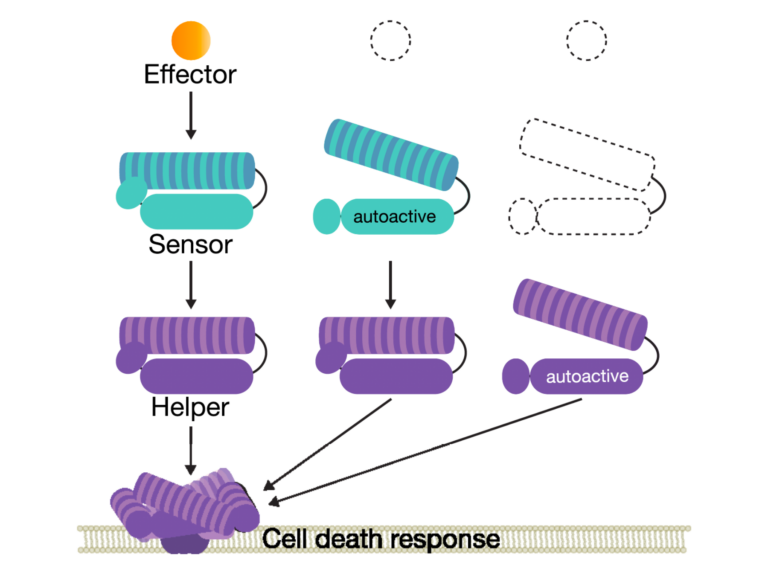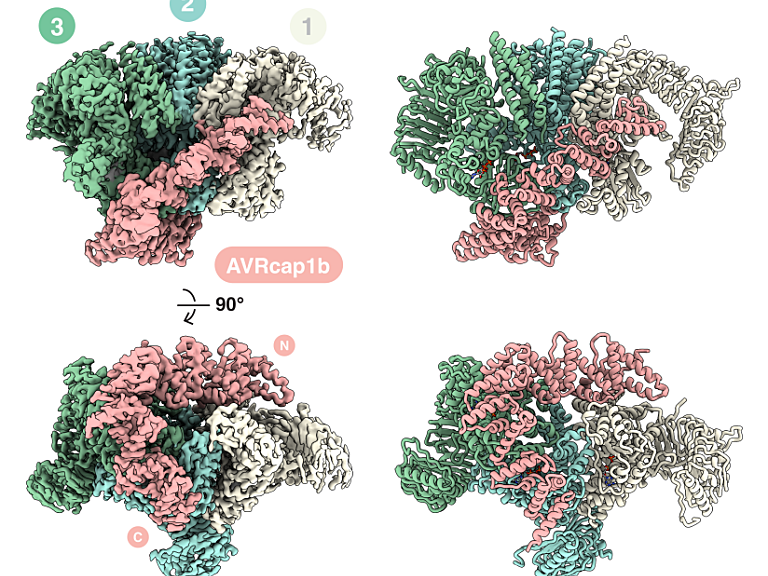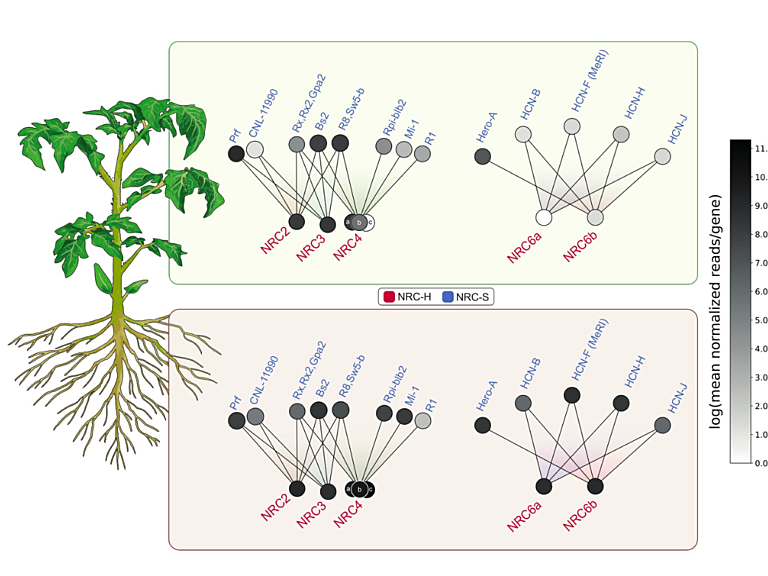Senior Research Assistant
Adeline Harant

Bio
As Senior Research Assistant in the Kamoun group at The Sainsbury Laboratory, I manage the day-to-day activities of the laboratory while supporting researchers in their projects. My responsibilities include maintenance of laboratory equipment, ordering of supplies, ensuring health and safety compliance within the group, and providing inductions and training for new starters. I am also the TSL lead for the Technician Commitment, championing visibility, recognition, career development, and sustainability for technical staff.
I have a background in plant pathology, with a PhD focused on the nutrition of Phytophthora infestans during the early stages of infection in the apoplast. My research examined metabolomic and transcriptomic changes to identify potential chemical targets. I first joined TSL for a six-month project preparing RNA samples for RNAseq analysis of Magnaporthe oryzae — and have now been here for over eight years.
My laboratory expertise includes large-scale nucleic acid extractions and the optimisation of protocols for specific sample types, with a particular preference for managing and executing large-scale experiments.
Job history
-
2020 -
Senior Research Assistant
The Sainsbury Laboratory, Norwich, UK -
2022 -
Technician Commitment Lead
The Sainsbury Laboratory, Norwich, UK -
2017 - 2020
Research Assistant
The Sainsbury Laboratory, Norwich, UK -
2013 - 2017
PhD in Plant Pathology
James Hutton Institute, Dundee, UK


